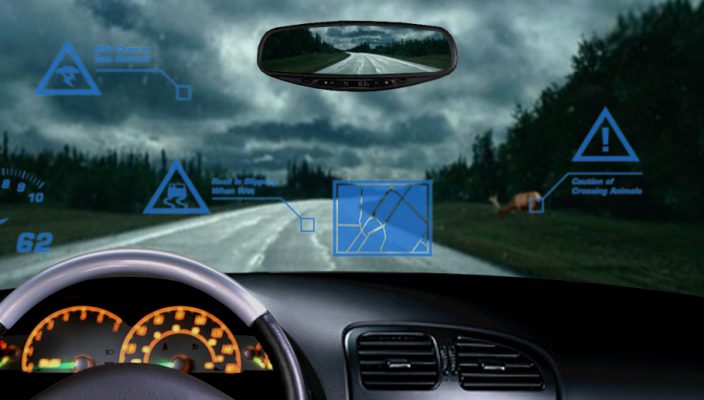Big Data Coming to a Highway Near You in 2018, Says Microlise
Oct 10, 2017 • Fleet Technology • News • Matthew Hague • MIcrolise • big data
Speaking at the IRTE Conference, telematics and technology company Microlise has said fleets will harness the power of Big Data in 2018 thanks to advanced data analysis techniques and growing demand for the capabilities they enable.
This is according to Matthew Hague, Microlise Executive Director – Product Strategy, who recently addressed an audience at one of the UK’s premier conferences for fleet managers and operators.
“We have spent a phenomenal amount time and resource over the last two years, running a number of successful projects involving government funding,” said Hague. “Big Data is a bit of a buzz word, but it is one of those things that will really drive our product offering forward in the coming months and years.”
Big Data is a bit of a buzz word, but it is one of those things that will really drive our product offering forward in the coming months and years.
In 2014, with partner the University of Nottingham, Microlise was awarded funding of £359,000 from the UK’s innovation agency, the Technology Strategy Board (now Innovate UK). The objective of the “Value Enhancement for Data from Assets & Transactions” (VEDAT) project was to achieve customer and market value from the high volumes of complex data generated in real-time through telematics technology.
“We completed our work with the University of Nottingham last year and will soon be in a position to productise new and innovative tools and solutions that will create new value propositions within the transport and logistics sector,” added Hague.
According to Microlise, the first uses of this new big data resource will be predictive analytics for vehicle health, improving hazard awareness and briefing drivers. Though Hague said there are many use cases which will be developed in due course including the ability to benchmark performance against the industry or sector a fleet operates in.
“By using the anonymous data we capture every day then overlaying the government’s annualised accident black spot data, and crime data, we can very accurately predict risk while taking time of day and weather conditions into account,” said Hague.
According to Hague, it will soon be possible to rank routes according to risk, and even to alert drivers to specific risks along their route as they approach them ensuring they are prepared.





















 Field Service News is published by 1927 Media Ltd, an independent publisher whose sole focus is on the field service sector. As such our entire resources are focused on helping drive the field service sector forwards and aiming to best serve our industry through honest, incisive and innovative media coverage of the global field service sector.
Field Service News is published by 1927 Media Ltd, an independent publisher whose sole focus is on the field service sector. As such our entire resources are focused on helping drive the field service sector forwards and aiming to best serve our industry through honest, incisive and innovative media coverage of the global field service sector.
Leave a Reply